Getting you ready to buy your first home
- Buying your first home doesn’t need to be a stressful experience.
- Careful budgeting and planning for all hidden fees will help you be fully prepared.
- Research the area you want to live in and think long term when looking for your ideal first home.
For most Australians, buying your first home is one of the most memorable – and overwhelming moments of your life. But between saving for a deposit, knowing how much stamp duty and fees you have to pay to search and finding the right home all can make the process at times pretty daunting.
And with careful planning and the right information, buying your first home doesn’t have to be as hard as you think.
Know how much house you can afford
The first thing to do before buying your first home is to know how much you can afford. While it can be tempting to base your budget from your favourite suburb or city, as a first home buyer your budget will ultimately be based on how much money you can borrow.
Try out our affordability tool for an easy and interactive way to account for your income, expenses and future plans when setting your budget.
A bank, lender or mortgage broker will also be able to give you a price based on your income and expenses and their own lending policies.

Hidden costs to budget for when buying a home
Aside from the purchase price, there are many other costs that can be unexpected and unavoidable while buying your first home. Being prepared before starting the buying purchase can help you to know exactly what you will be paying and the biggest costs can include:
- Stamp duty is imposed by State governments on property purchases and in most cases are unavoidable. The amount of stamp duty you have to pay depends on the property’s loan purpose, location and price but for first home buyers, you may be entitled to exemptions depending on the state you’re buying your first property in.
- Conveyancing/ legal fees are legal costs to ensure there is correct handling of a house purchase. Expect to pay conveyancers a flat fee (which can help your budget), where lawyers generally charge by the hour.
- Inspections are essential during the pre-purchase stage and can ensure you have a clear picture of the current shape of the house is in. Ensure you budget the costs of house inspections and any work that may be required as a result of your budget.
Other ongoing costs for your new home include rates, electricity, water, other utilities as well as maintenance and repairs.
Being realistic about your expectations when budgeting for a home will help ensure that your income will be able to accommodate all your expenses and that you don’t end up struggling and in debt just to pay for all your needs.
Related: How to make a successful property investment
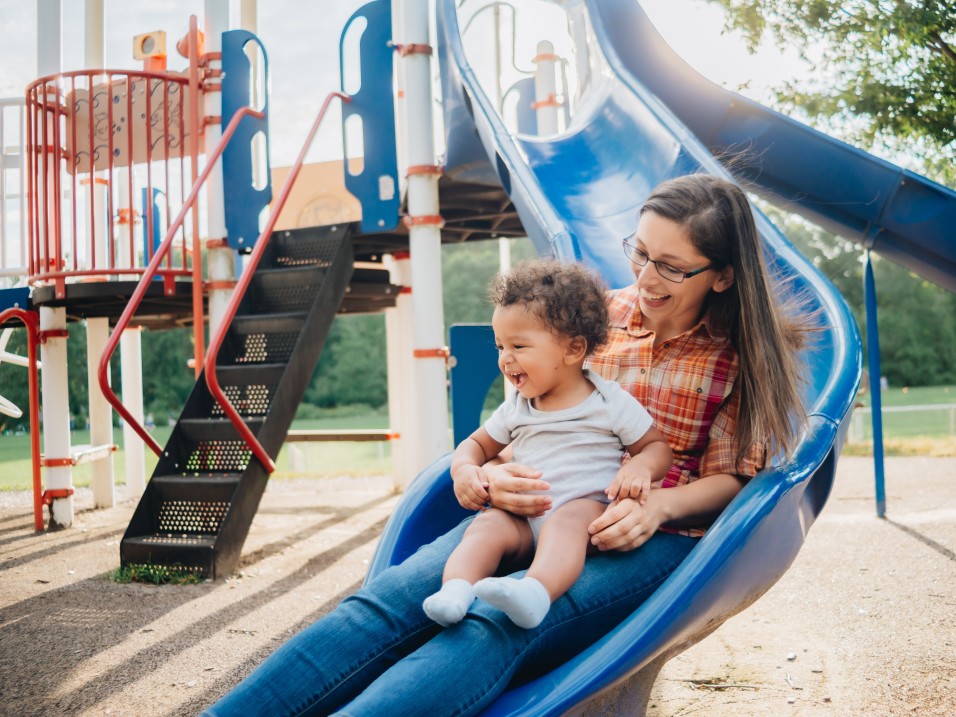
Get to know your ideal location
Choosing the right suburb for your first home that fits your home and lifestyle goals and doesn’t break your budget is key. But let’s say that you’ve already found your dream house. It ticks all your boxes – size, layout, price, and location. However, there are more things that you should consider about the location such as safety, infrastructure, future development, and the community.
Make it a point to ask your friends who are familiar with the area or search online for local news and events about the suburb. Get to know more about the establishments near the area such as supermarkets, hospitals, public transport, schools, and future development.
Future development may reveal high rises planned or new roads and railways, which may have a positive or negative impact on the value of your property and the quality of your home life. Don’t overlook the importance of choosing the right suburb for your first home as it can have an impact on your overall health and wellbeing.
Related: Why planning ahead for financial independence is important
Don’t forget to think long term
Thinking long term and preparing for potential changes in your life when purchasing your first home is essential. More importantly, it’s not easy to sell a house, move out and find a new one with the size and location that you want if your first home isn’t the right fit for life’s changes.
If you’re living alone, consider how long you would want to stay in that area or if your current job is something you see yourself still doing many years later. If you have a growing family, ensure the space be enough to cater to your future families needs like additional bedrooms and bedrooms and a sizeable yard if desired.
Should you have plans of selling or using the house as an investment, think about how it can be advantageous for tenants in the future. Some factors that help determine these are the accessibility of the location and amenities and current and future growth of the suburb.
If you have any questions, don’t hesitate to comment below or reach out to us on our Facebook page.

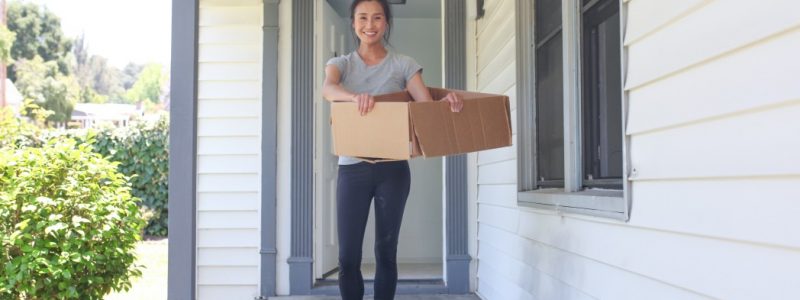


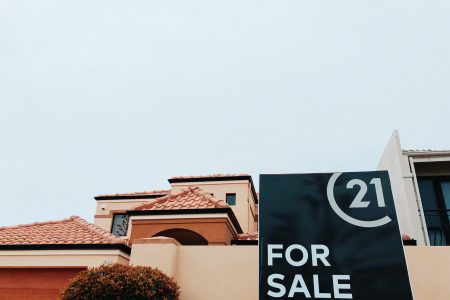
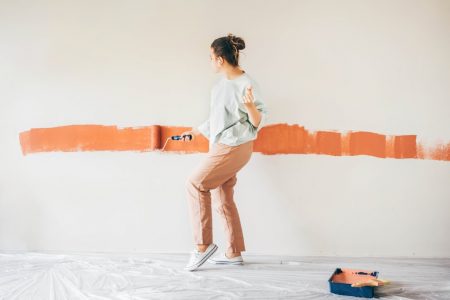
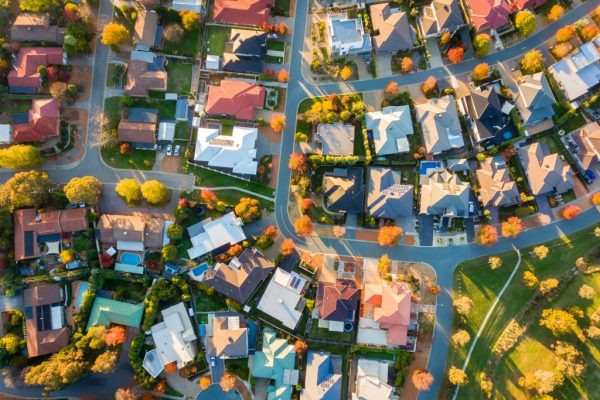


0 Comments